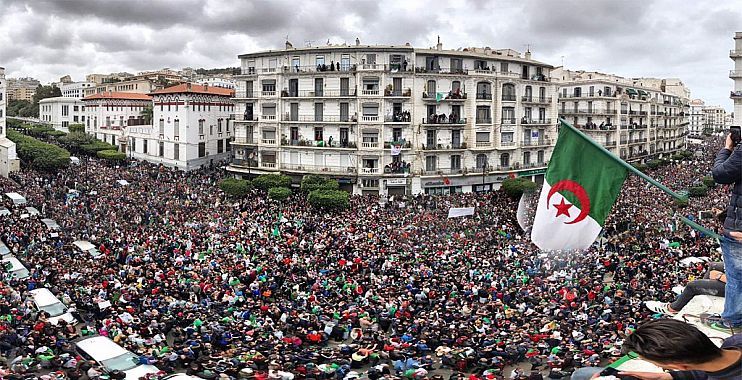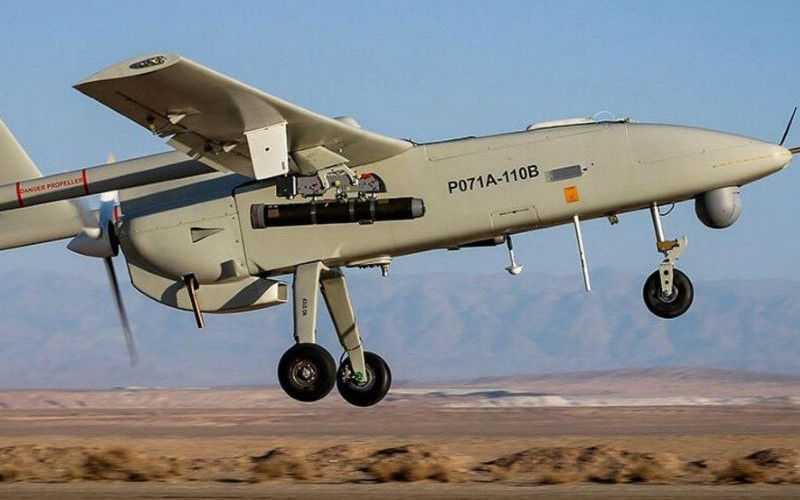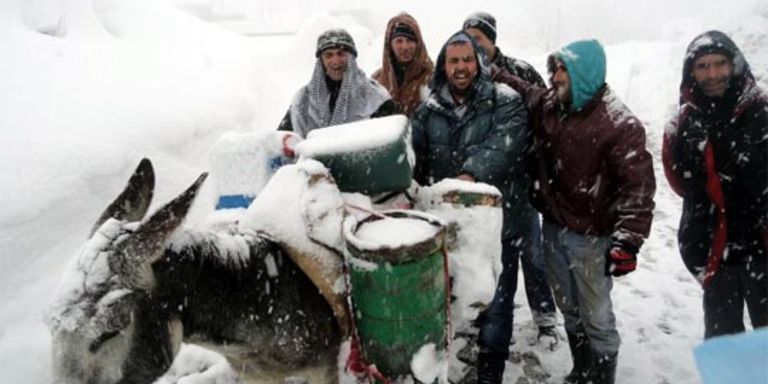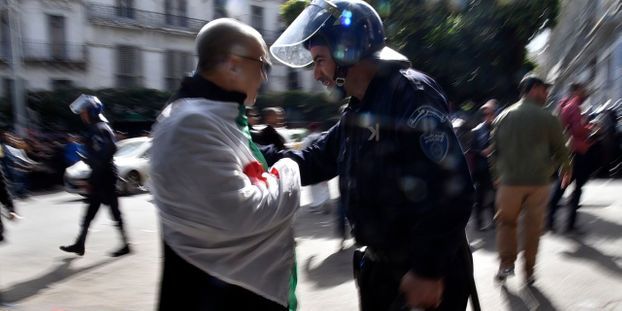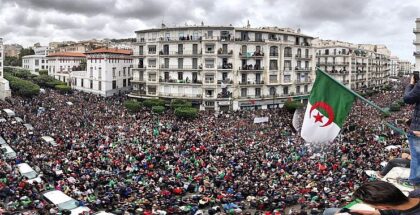 The glue holding Algeria together is no longer binding. The country’s finances have been hit hard by low oil prices and the regime is unable to buy social peace as the currency, the economy and public services crumble further fueling the pro-democracy protests known as the Hirak.
The glue holding Algeria together is no longer binding. The country’s finances have been hit hard by low oil prices and the regime is unable to buy social peace as the currency, the economy and public services crumble further fueling the pro-democracy protests known as the Hirak.
Two years on, the flame of the Hirak is ignited after it has been suppressed due to the coronavirus restrictions.
This Friday, Feb 26, thousands took again to the streets of big Algerian cities chanting slogans in favor of a civilian state.
Two years after the Hirak broke out to protest the fifth term of ailing Bouteflika, Algeria finds itself again led by another ailing President, Abdelmedjid Tebboune, whose strings are pulled by an aging military junta that takes advantage from the status quo.
So the Hirak movement, which managed to put an end to the regime imposed by Abdelaziz Bouteflika, has returned to the streets, now against the new president and his government. The argument of the protesters is that everything that happened between 2019 and 2020 only resulted in nothing changing. Some initiatives to liberalize the system have not caught on with the population, which considers them to be more of the same.
As stated in a top secret CIA report revealed recently by the media, Algerians no longer expect anything from the current political class. They throw up the whole system and think the army stole their revolution from them.
As in the 2019 Hirak, the police imposed traffic restrictions in several cities to prevent demonstrators from joining the protest movement but in vain. The police also intervened harshly and arrested about a thousand demonstrators, in a repression that is described as harsher than in previous confrontations.
Several human rights watchdogs have denounced the continuing arbitrary arrests and prosecutions of Algerian pro-democracy protesters, journalists and activists for engaging in the peaceful demonstrations and expressing political opinions on social media, accusing authorities of their deliberate strategy to crush dissent.
However, the economic factor fuels street anger amid high inflation, unemployment, lack of liquidity and shortage of basic commodities in the Algerian market.
Besides a weakening production and export capacity, Algeria’s domestic gas and oil consumption is on the rise. The country is burning more of the fuel in local power plants as its population rises, leaving less room for exports.
Lately, the Algerian government ordered cosmetic measures to cut spending, but left the state largess and generous subsidies policy unchanged in order to maintain a fragile social peace.
Even with oil prices improving to edge above $60, Algeria is still in crisis as it needs $135 a barrel to balance its budget.
With 95% of exports comprised of oil and gas, Algeria’s finances will be hit hard and its foreign exchange reserves are almost depleted leaving the country with the only choice of resorting for foreign debt which comes with conditions on top of which cutting subsidies on which Algiers fragile social peace hinges.
Anyways, the current situation indicates that the new nationwide demonstrations will continue until their goals are met: regime change and establishment of a civil & democratic state, and fulfilment of the people’s demand for better living conditions.
